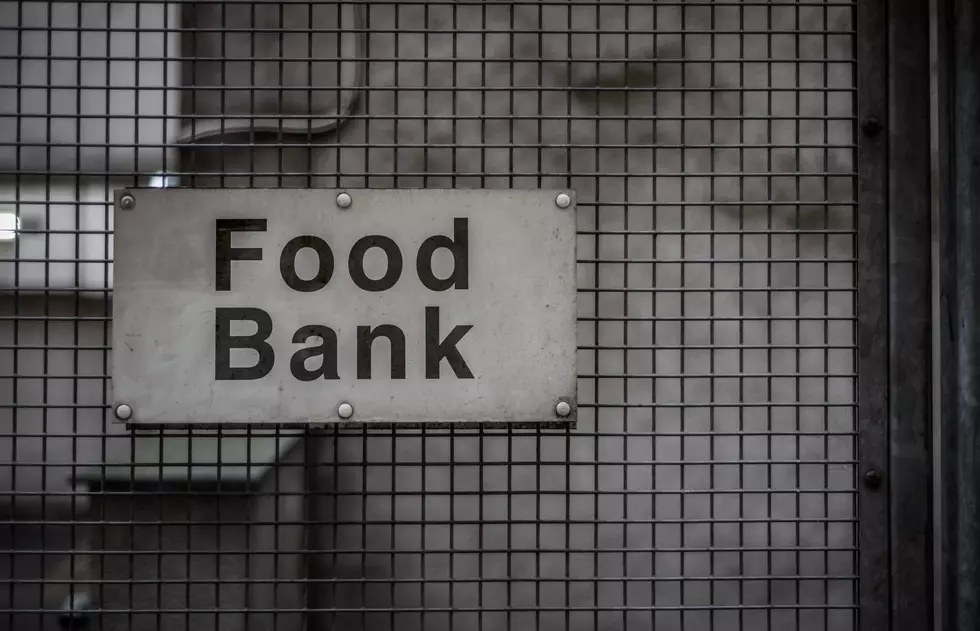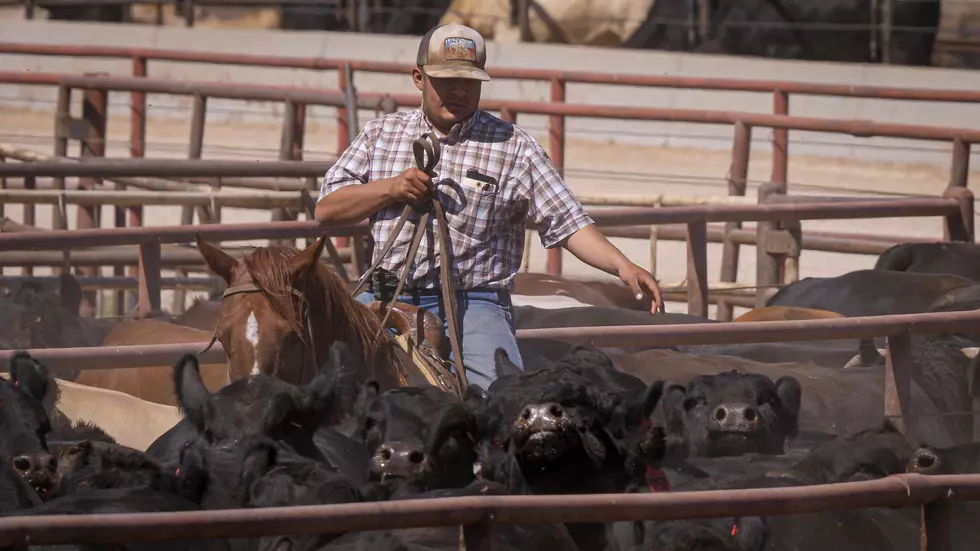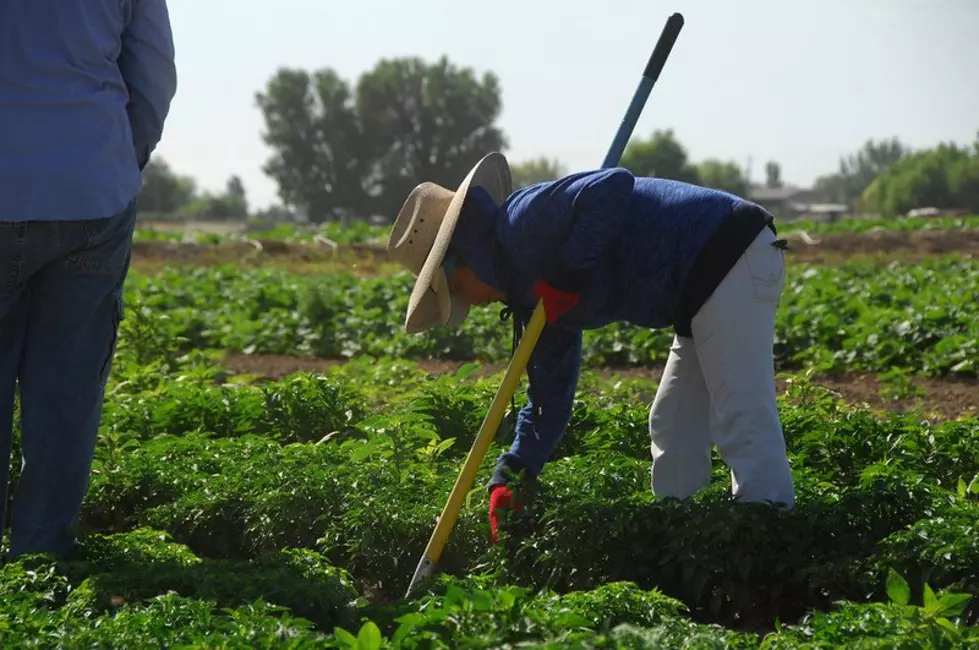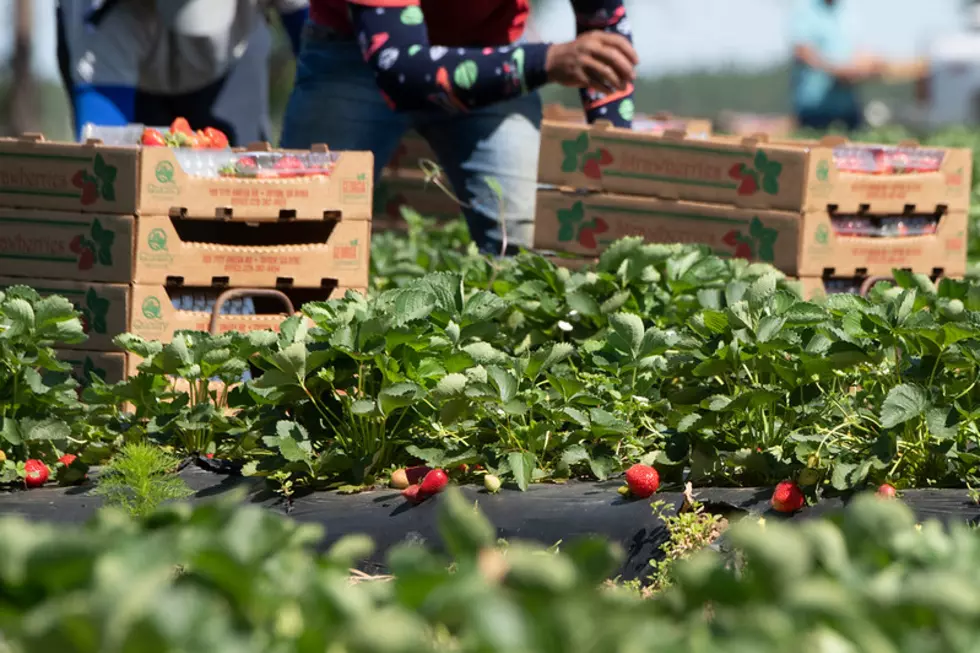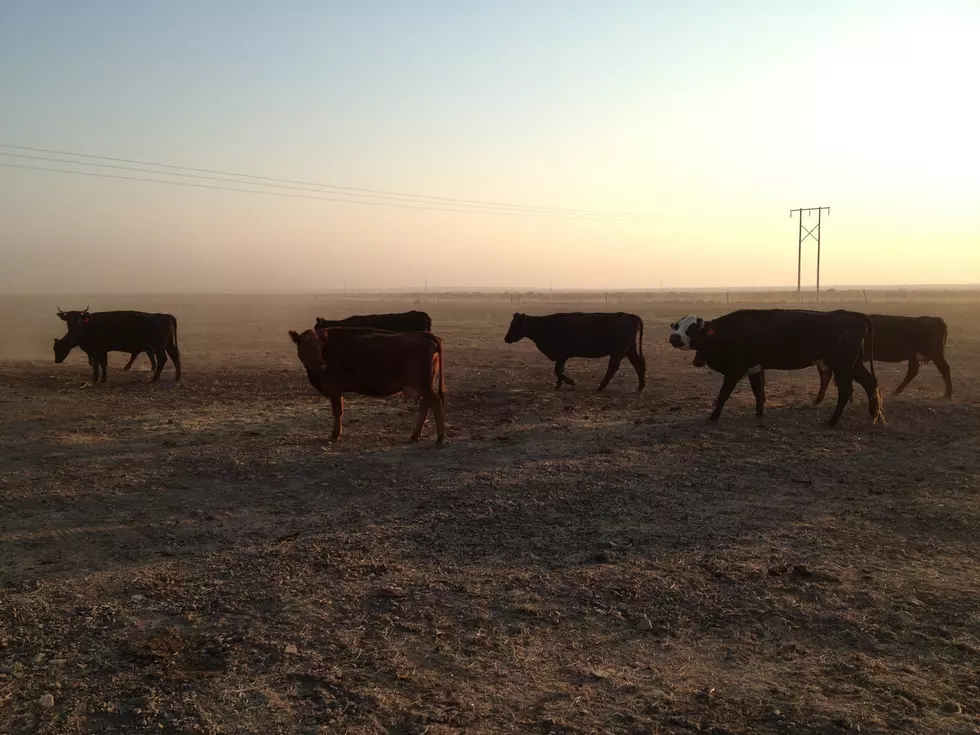
Recent BSE Case Does Not Appear To Worry the U.S.
In late August, a cow in Florida tested positive for the atypical form of BSE, which is the less concerning form of the disease. Jerome Rosa with the Oregon Cattlemen’s Association said they were prepared for an onslaught of questions from member and the consuming public about the BSE case but that never came to fruition. Rosa credited national organizations for their hard work educating the consumer, and the beef industry about the disease. He added federal agencies have worked hard to keep BSE from returning to the United States.
“The primary source of infection for a classical form of BSE is feed. It’s contaminated such as meat and bone meal that was derived from infected cattle, but regulations from FDA has prohibited inclusion of these products in cows since 1997. And has prohibited high risk tissue materials in all feed since 2009.”
Rosa also noted that the Beef Check Off has helped equip the industry to keep the industry ahead of the curve. The August detection of atypical BSE will not impact the United States’ designation as a BSE free country.
If you have a story idea for the Washington Ag Network, call (509) 547-1618, or e-mail gvaagen@cherrycreekradio.com
More From PNW Ag Network


